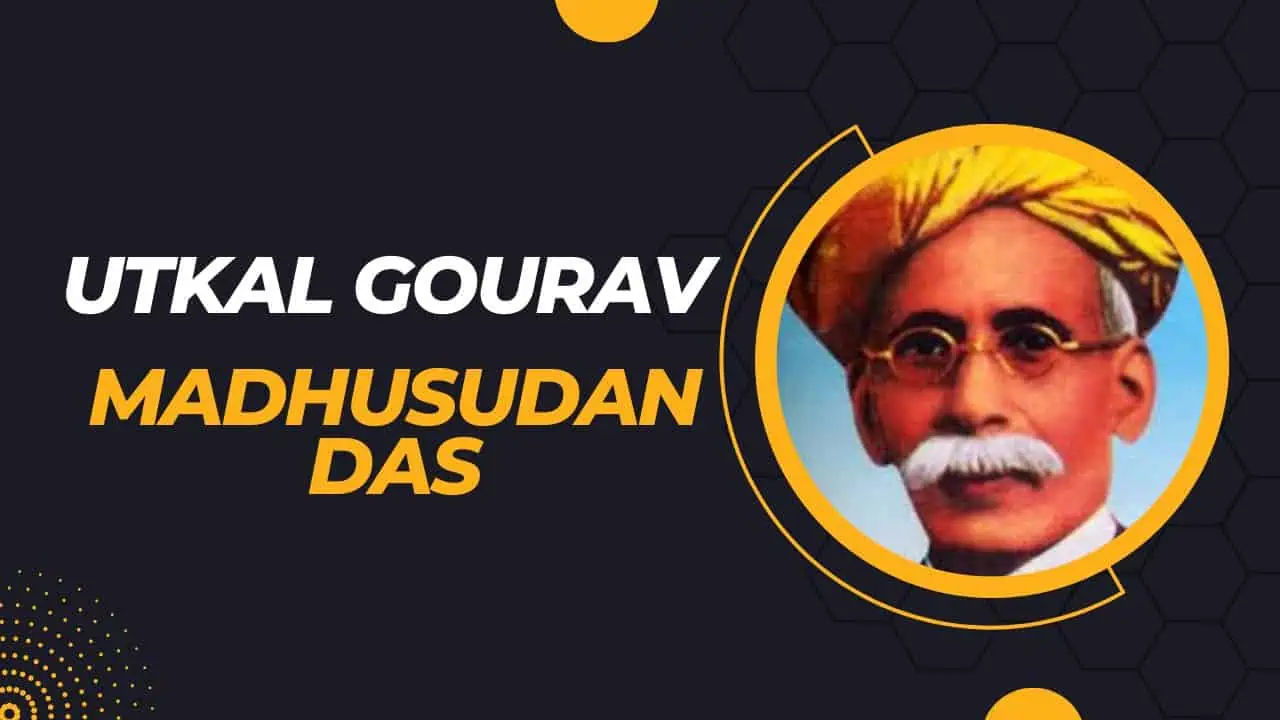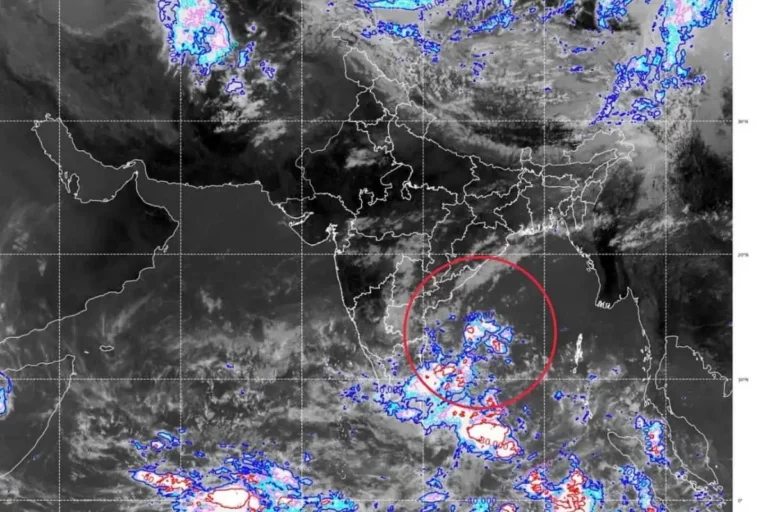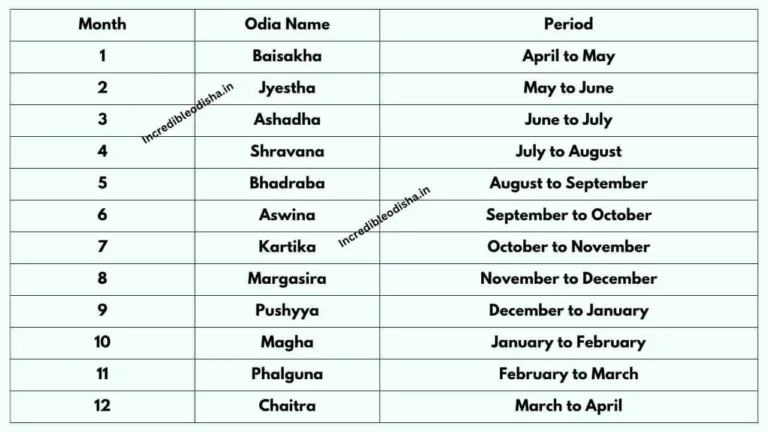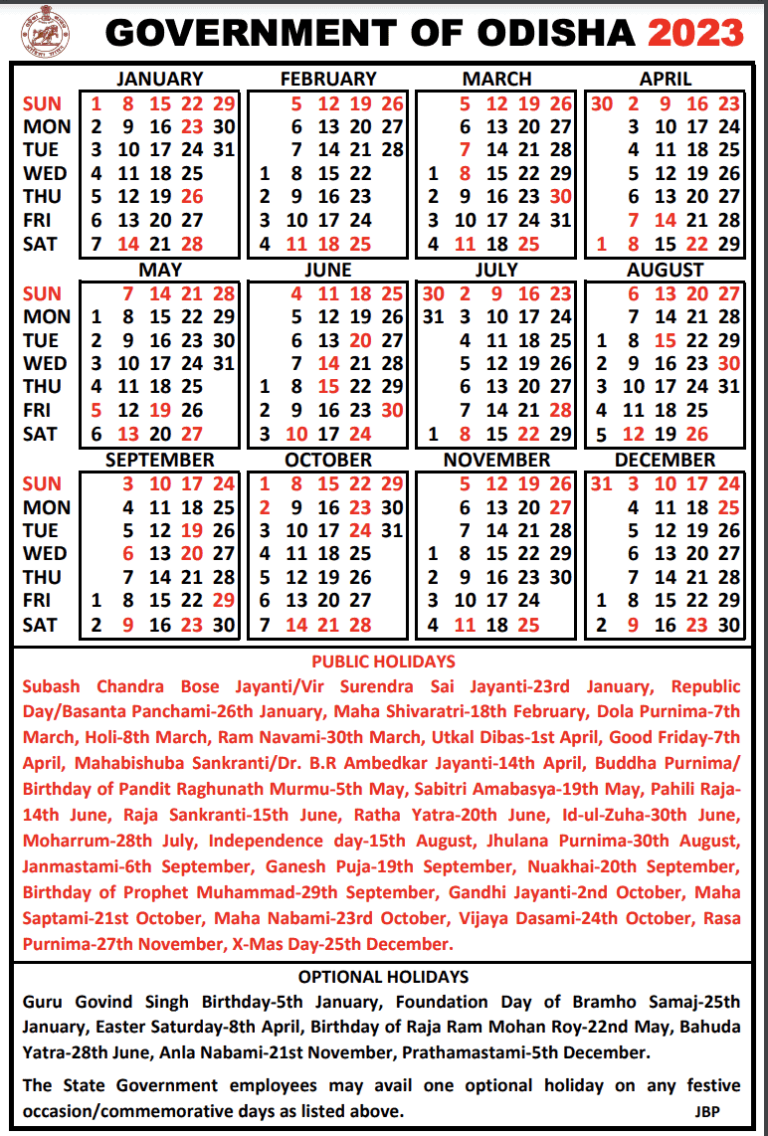Utkal Gourav Madhusudan Das – The Pride of Odisha
Madhusudan Das was an Indian freedom fighter, lawyer, and politician who dedicated his life to the service of his nation. Born on April 28, 1848, in Satyabhamapur, Cuttack, Odisha, he is regarded as one of the pioneers of the Indian independence movement in Eastern India. This article aims to shed light on the life, work, and legacy of this great man, who played a significant role in shaping the history of modern India.

Early Life and Education of Madhusudan Das
Madhusudan Das was born on April 28, 1848, in Satyabhamapur village in the Cuttack district of Odisha, India. His father’s name was Raghunath Das, a noted Sanskrit scholar, and his mother’s name was Parvati Devi. Madhusudan Das was the youngest of five children.
Madhusudan Das received his early education at Cuttack Mission School and later joined Ravenshaw Collegiate School in Cuttack. He went on to study at Calcutta University, where he obtained a Bachelor’s degree in Arts in 1868 and a Bachelor’s degree in Law in 1871. He was the first student from Odisha to obtain a degree in Law.
In 1873, Madhusudan Das travelled to England to pursue higher studies in law. He obtained a degree in Law from the University of London in 1877 and became the first Indian to be called to the Bar at the Middle Temple in London.
After returning to India, Madhusudan Das started his legal practice in Cuttack and soon became a leading lawyer in the region. He was also actively involved in social and political activities and played a key role in the formation of the separate state of Odisha. His contributions to society and his vision for a better Odisha have made him a revered figure in the history of Odisha.
Role of Madhusudan Das in the Indian Independence Movement
Madhusudan Das played a significant role in the Indian independence movement. Here are some of his notable contributions:
- Participation in the Indian National Congress: Madhusudan Das was a member of the Indian National Congress and actively participated in the freedom struggle. He was a close associate of Mahatma Gandhi and worked closely with him to mobilize public opinion against British rule.
- Civil Disobedience Movement: Madhusudan Das played an active role in the Civil Disobedience Movement and led protests against British authorities. He was imprisoned several times for his participation in the movement.
- Founding of the Utkal Union Conference: In 1913, Madhusudan Das founded the Utkal Union Conference, which aimed to promote the cause of Odisha and its people. The conference played an important role in mobilizing public opinion against British rule and promoting the idea of a separate state of Odisha.
- Support for the Quit India Movement: Madhusudan Das was a strong supporter of the Quit India Movement and actively participated in protests against the British authorities. He was arrested and imprisoned for his role in the movement.
Overall, Madhusudan Das was a key figure in the Indian independence movement and played an important role in mobilizing public opinion against British rule. His contributions to the movement have had a lasting impact on the people of India.
Contributions of Madhusudan Das to Education and Social Reform
Madhusudan Das made significant contributions to education and social reform in Odisha. Here are some of his notable contributions:
- Education: He was a strong advocate of education and worked towards the establishment of educational institutions in Odisha. He founded Utkal University in 1943, which is now one of the premier universities in India. He also established the Satyabadi School in Puri, which provided free education to children from poor families.
- Women’s Rights: He was a strong supporter of women’s rights and worked towards the upliftment of women in society. He was instrumental in passing the first law in India that allowed women to inherit ancestral property.
- Social Reforms: He was a champion of social reforms and worked towards the abolition of child marriage and the practice of untouchability. He also advocated for the rights of the Dalits and worked towards their social upliftment.
- Language and Culture: He was a strong advocate of Odia language and culture. He worked towards the preservation of the Odia language and was instrumental in the formation of the Odisha Sahitya Samaj, which aimed to promote Odia literature and culture.
Overall, Madhusudan Das’s contributions to education and social reform have had a lasting impact on the people of Odisha. He is remembered as a visionary leader who worked tirelessly for the betterment of his people.
Contributions of Madhusudan Das in Odisha State Formation
Madhusudan Das was referred to as Utkal Gourav because of his contributions towards the formation of the separate state of Odisha. He was a prominent figure in the Indian independence movement and played a crucial role in the formation of the state of Odisha in 1936.
He was known for his efforts in promoting education, social reforms, and the preservation of the Odia language and culture. He is considered a hero and a symbol of Odia pride, hence the title “Utkal Gourav” which means “Pride of Odisha”. He is remembered and felicitated in Utkal Divas celebrations every year on 1st April.
Consider reading: Utkal Mani Gopabandhu Das
Madhusudan Das played a crucial role in the formation of the state of Odisha. Here are some of his notable contributions:
- Advocacy for a Separate State: Madhusudan Das was a strong advocate of a separate state for Odisha and played a key role in mobilizing public opinion in this regard. He believed that a separate state would enable the people of Odisha to better govern themselves and promote their language and culture.
- Formation of Utkal Union Conference: In 1912, Madhusudan Das founded the Utkal Union Conference, which aimed to promote the cause of Odisha and its people. The conference played an important role in mobilizing public opinion for a separate state.
- Participation in Simon Commission: In 1928, Madhusudan Das was a member of the Simon Commission, which was formed to review and suggest reforms for the governance of India. He used this platform to advocate for the formation of a separate state of Odisha.
- Negotiations with British authorities: Madhusudan Das played a key role in negotiating with the British authorities for the formation of a separate state of Odisha. He met with several British officials and presented the case for a separate state, highlighting the cultural and linguistic differences between Odisha and neighbouring states.
- First Premier of Odisha: In 1936, Madhusudan Das was appointed as the first premier of the newly formed state of Odisha. He worked tirelessly to build the foundations of the new state, focusing on education, social reform, and economic development.
Political Career of Madhusudan Das
Madhusudan Das had a long and illustrious political career. Here are some of the highlights:
- In 1902, he became the first Indian to qualify for the Indian Civil Service but resigned in 1905 to join the Indian National Congress.
- In 1913, he founded the Utkal Union Conference, which aimed to promote the cause of Odisha and its people.
- In 1916, he was elected to the Imperial Legislative Council.
- In 1917, he founded the Bihar and Orissa Provincial Congress Committee and served as its president.
- In 1922, he was elected to the Legislative Assembly of Bengal.
- In 1928, he was elected to the Central Legislative Assembly.
- In 1930, he was elected president of the All India Congress Committee session in Karachi.
- In 1936, he was elected as the first premier of the newly formed state of Odisha.
Throughout his political career, Madhusudan Das was known for his commitment to social justice, education, and the preservation of the Odia language and culture. He worked tirelessly to improve the lives of the people of Odisha and played a key role in the formation of the state of Odisha.
Famous Poems of Madhusudan Das
Madhusudan Das was a prolific writer who wrote several poems in the Odia language. Here are some of his notable poems:
- “Bandira Atma Samarpana”: This poem is a tribute to the freedom fighters who sacrificed their lives for the country. It is a powerful and emotional poem that captures the spirit of patriotism and sacrifice.
- “Utkal Tora”: This poem is an ode to Odisha and its people. It celebrates the beauty and diversity of the state and the resilience of its people.
- “Janani Janma Bhoomi”: This poem is a tribute to the motherland and the sacrifices of its people. It highlights the importance of one’s homeland and the duty of every citizen to protect and serve it.
- “Mukti Mandapa”: This poem is a reflection on the importance of freedom and the struggles of the Indian independence movement. It celebrates the spirit of freedom and the sacrifices of those who fought for it.
- “Bhakti Bina”: This poem is a reflection on the importance of devotion and spirituality. It emphasizes the role of spirituality in one’s life and the importance of living a life of devotion and service.
Overall, Madhusudan Das’s poems are a reflection of his love for Odia language and culture, his patriotism, and his spirituality. His works have had a lasting impact on the people of Odisha and continue to inspire generations.
Legacy of Madhusudan Das
Madhusudan Das is remembered as one of the greatest freedom fighters and social reformers of India. His contributions to the Indian independence movement, education, and social reform continue to inspire generations of Indians. His vision for a united and prosperous India continues to guide the nation towards progress and development.
Conclusion
Madhusudan Das was a true visionary who dedicated his life to the service of his nation. His contributions to the Indian independence movement, education, and social reform continue to inspire generations of Indians. As we celebrate his legacy, we must also strive to uphold his ideals and work towards building a better and more equitable India.
FAQs on Madhusudan Das
What was Madhusudan Das’s role in the Indian independence movement?
Madhusudan Das played a crucial role in spreading the ideas of the Indian independence movement in Eastern India. He was a close associate of Bal Gangadhar Tilak and other prominent leaders of the Indian National Congress and participated in several movements and protests organized by the Congress.
What were Madhusudan Das’s contributions to education and social reform?
Madhusudan Das was instrumental in the establishment of several educational institutions, including the Ravenshaw College in Cuttack and the Odisha State Medical College.
What were Madhusudan Das’s contributions to education and social reform?
Madhusudan Das was instrumental in the establishment of several educational institutions, including the Ravenshaw College in Cuttack and the Odisha State Medical College. He was also a strong advocate of women’s rights and played a significant role in the passage of the Widow Remarriage Act in 1856.
What was Madhusudan Das’s impact on Odisha?
Madhusudan Das was instrumental in the formation of the Utkal Sammilani, which aimed to unite the people of Odisha and fight for their rights. He also played a crucial role in the establishment of several educational institutions in the state, which continues to contribute to its development.
How is Madhusudan Das remembered today?
Madhusudan Das is remembered as one of the greatest freedom fighters and social reformers of India. His contributions to the Indian independence movement, education, and social reform continue to inspire generations of Indians. He is a source of pride for the people of Odisha and is celebrated as a hero in the state.





